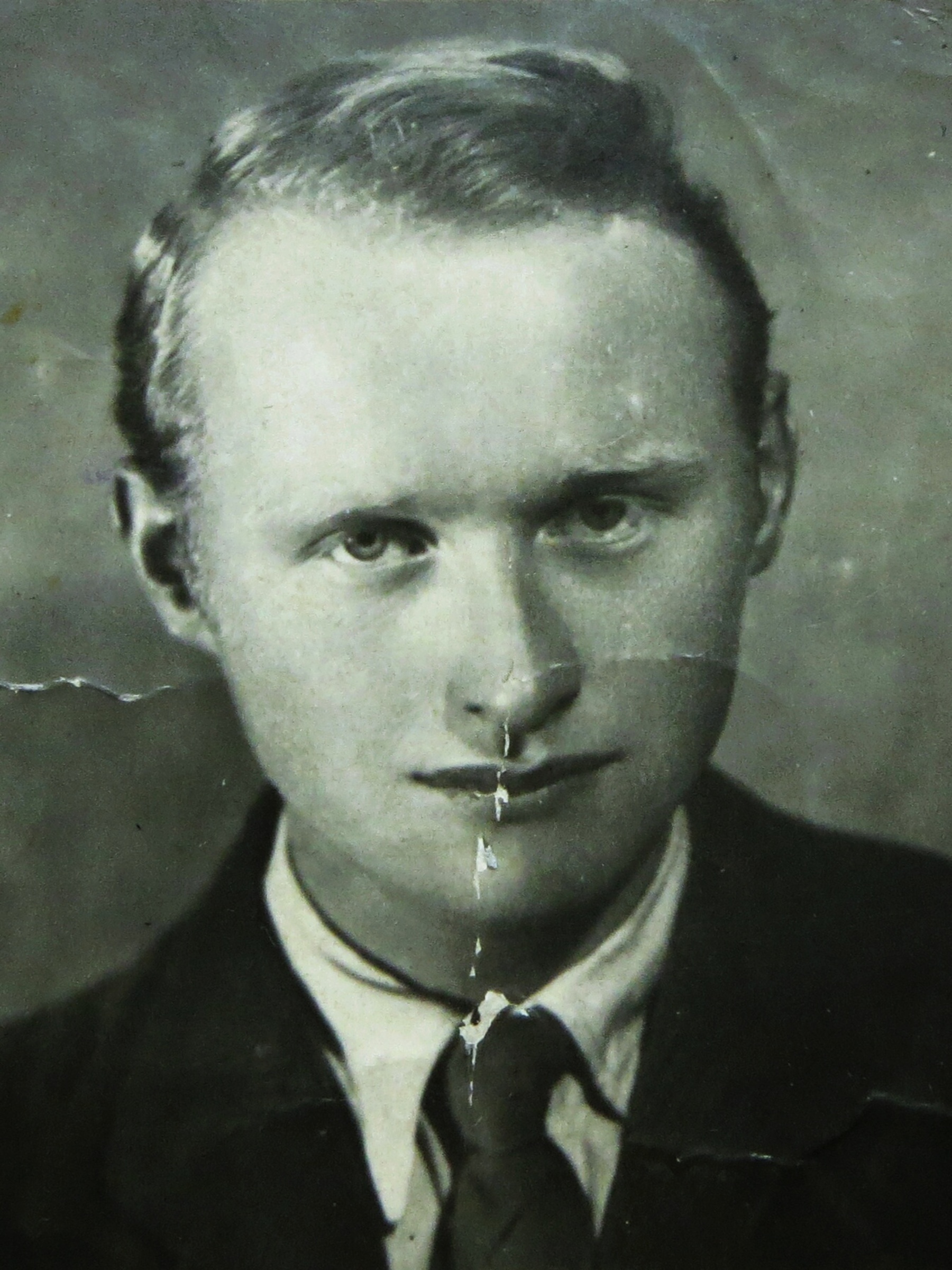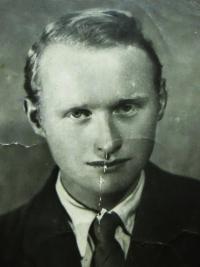At the time when others were submitting their applications to the Communist Party I wrote ‘Death to communism!’ on the wall of a building

Download image
Josef Gara was born March 19, 1934 in Kunčičky u Bašky near Frýdek-Místek in a family of a peasant. As a young boy he witnessed house searches when the occupying soldiers were checking whether peasants were not deceiving the authorities in obligatory deliveries of foodstuff. In April 1945 Josef himself saw a Soviet soldier who executed a German captive by shooting him in the head right in the middle of the village. In 1949 he began his study in the textile industry vocational school ran by the company Slezan Frýdek-Místek where he became engaged in a group of apprentices who also opposed the communist regime. In autumn 1950 they began to write anti-Communists slogans on walls in the streets of Frýdek-Místek and in the precincts of the Slezan factory. In February 1951 Josef and five other apprentices became arrested and in May of the same year he was sentenced to two years of imprisonment. After his release he began working in Slezan again and in June 1953 he organized a failed strike in the factory in protest against the currency reform. He was fired on the spot. The authorities ordered him to do hard labour in the company Potista that constructed roads in the Ostrava region. In 1954 Josef began his basic military service and after his return he received a job placement in the company Mostárna in Lískovec near Frýdek-Místek, where he was employed as a worker until his retirement. After 1989 he joined the KDU-ČSL (Christian and Democratic Union - Czechoslovak People’s Party) and for several electoral terms he served as a member of the municipal council in Baška. Josef Gara passed away on June, the 3rd, 2017

